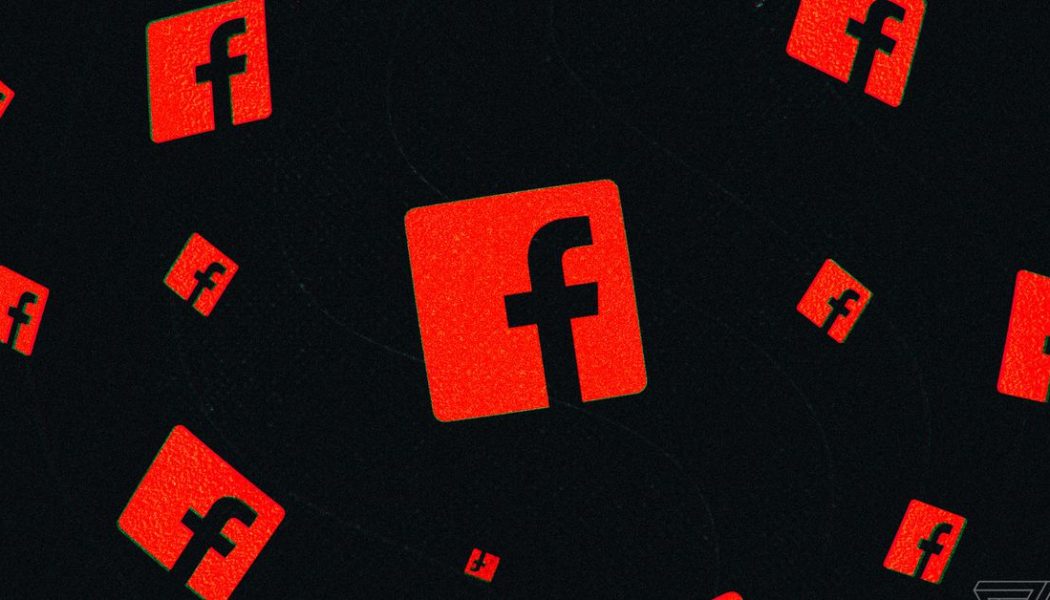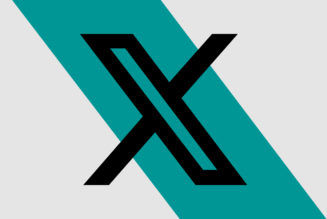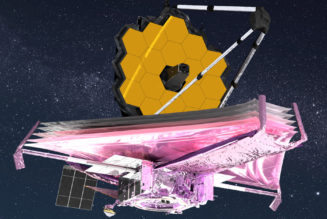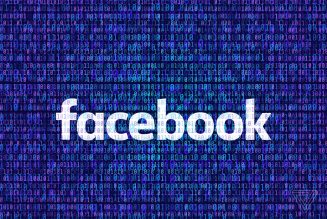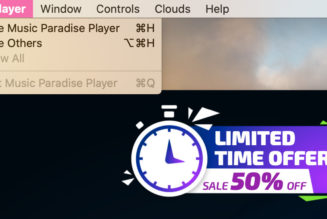
Facebook has a fringe conspiracy theory problem, and it’s getting worse by the day. According to a new investigation from The Guardian, the far-right QAnon movement continues to flourish on the social network, despite its attempts last month to begin removing accounts and pages promoting it.
The investigation, by journalist Julie Carrie Wong, details in depth how QAnon account and page owners caught wind of Facebook’s crackdown in early May and the clever methods they relied on to avoid detection. Earlier today, Verizon announced its participation in a growing advertising boycott of Facebook and Instagram, in part it appears because its ads continue to show up next to QAnon content.
Verizon just announced that its pulling ads from Facebook following a letter from the ADL showing that its ads were running next to QAnon content.
I just so happen to have published an investigation into the QAnon ecosystem on Facebook today: https://t.co/DgVh9sVJqJ
— Julia Carrie Wong (@juliacarriew) June 25, 2020
It’s a fascinating read and thorough accounting of how conspiracy theories like QAnon can grow from the dark corners of the Internet’s moderated message boards and explode into full-blown, unstoppable movements that even the most well-funded tech companies can seemingly do nothing to stop. In her research, Wong finds as many as 100 Facebook pages, profiles and groups, as well as Instagram accounts, that have more than 1,000 followers or active members. Some are as large as 150,000 followers or members, Wong reports.
As well as documenting the spread on QAnon and how its aided by off-platform campaigns and organizing designed to help it avoid Facebook detection, Wong’s investigation also highlights how the failure to contain movements like these on mainstream social networks can lead to the fringe, sometimes dangerous beliefs trickling into the government. Wong details the various Anon-believing representatives running for Congress and the history of QAnon promotion from high-profile conservative figures, like members of the Trump campaign and White House-adjacent officials. If you’re curious about the current state of tech platforms and conspiracy theories, go check out The Guardian’s full investigation here.
